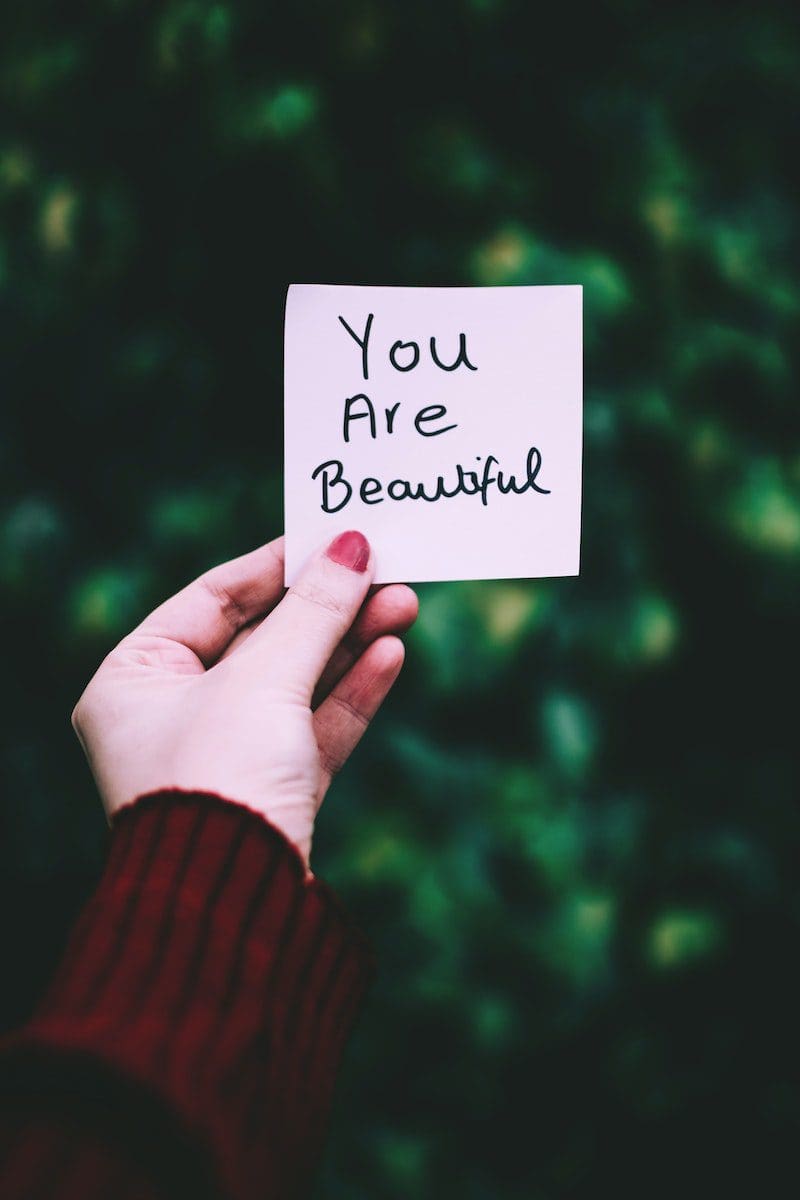English is one of the most widely used languages in the world. The language comprises different elements, including the alphabet, letters, parts of speech, pronouns, verbs, prepositions, and many more.
Some words can be confusing and can, mislead the pronunciation, and give different meanings. One such example is the use of our and are. Both of the words are confused by way of speaking and pronunciation, but both of them have different grammatical roles to play.
Key Takeaways
- “Our” is a possessive pronoun that indicates ownership, possession, or association with a group of people, whereas “are” is a helping verb that indicates the present tense of the verb “to be”.
- “Our” is used to describe something that belongs to us or is related to us, whereas “are” is used to describe the existence or state of being of something or someone.
- “Our” is always followed by nouns or pronouns, whereas “are” is used with a verb in a sentence to indicate the present tense.
Our vs Are
The term ‘our’ can be used to claim things that belong to someone. For example, this is our house. This means the person is claiming ownership of the house. ‘Our’ is used as an adjective. The term ‘are’ is used to define the state of being. It can be used with both singular and plural forms. For example, you are cute (singular form). These students are energetic (plural form).

Our is a determiner in possessive nature spoken in a plural form and means belonging to us.
It is used as a pronoun or as an adjective, helping the proper formation of the sentence. It is used to describe something that we own, whether it be a substance or a service.
Are is the tense modification of the verb be. It is said to be in present tense form. The verb ‘be’ refers to the state of being of a substance or thing. Are is a verb modification helping in the formation of a sentence. It can be said that it acts as a helping verb.
Comparison Table
| Parameters of Comparison | Our | Are |
|---|---|---|
| Meaning | Something that belongs to us. | Refers to the state of being. |
| Etymology | Comes from the word ‘ure’ which means ‘of us’. | Comes from the word ‘aron’ or ‘earun’ which was related to the term ‘be’. |
| Used as | Pronoun, or an adjective | Modified verb |
| Perspective | First-person perspective | First, second, and third-person perspective |
| Usage | He is our son. This is our home. | They are first-year students. Are you going to the college festival? |
What is Our?
The term ‘our’ comes from the word ‘ure’, which means ‘of us’ in English. It initially came from a Proto-Germanic word. The term is as old as the 8th century. Our is a possessive determiner that is spoken in a first-person perspective. It is referred to something which belongs to us.
Our can work as an adjective which is used as a modification for a noun to show something that belongs to us or is something that we own. It refers to some conditions owned or a state of ownership.
Some of the typical examples of uses of the verb ‘our’ is given below: The exchange services provided by our company are the best in the town; Our publishing company owns most of the printing presses in this area.
Here, in both of the above examples are is used to show something that we on the services be on all the services we provide.
Other examples: The cat with golden and white fur is ours. Our daughter is the leader of the basketball team in her school.

What is Are?
The term ‘are’ comes from the word ‘aron’ or ‘earun’, which was related to the term ‘be’. The term has been in use since the 17th century and is used in the context of first-person and third-person perspectives in plural form.
It is used to describe something or to refer to something as a state of being.
It is an adjective that is the possessive form of the word “we.” It is used in the plural form and as an attributive adjective. When used in the present tense form, the word being is written as are.
If a second-person perspective uses the verb form are it can be used in both singular form and plural form. An example of the second person singular present tense for the use of are: You are an artist in the academy.
Plural tense form examples are: We are a group of students performing in drama classes. You all are a group of students performing in drama classes. They are drama artists. Are’ can also be used when we ask someone a question such as: Are you one of the drama club students?

Main Differences Between Our and Are
- Our is used as a pronoun or an adjective, whereas ‘are’ is used as a verb.
- Our is used to describe something that belongs to us, while are is a verb modification of ‘be’, which describes the state of being.
- Our is mostly used in plural form, while are is used in both plural forms as well as the singular form.
- Our is used since the 8th century, while ‘are’ was introduced in the 17th century.
- Our is used in cases of the first-person perspective while are is used in the first, second, and third-person perspective.


I had trouble understanding this, the article has been very helpful to me.
Very insightful explanation. The relevance of ‘our’ and ‘are’ has been effectively emphasized.
This has been an absolute revelation.
An outstanding portrayal of the nuances between ‘our’ and ‘are’.
A very educational piece indeed. The examples provided were very elucidative.
The article has been an absolute eye-opener.
The comparison table really helped in understanding the nuances between ‘our’ and ‘are’.
I found the article to be exceptionally instructive. It’s a remarkable piece of work.
The format of the comparison table is very effective.
The detailed comparison is outstanding, this article is highly informative.
I couldn’t agree more. This has been enlightening.
A remarkable take on the topic, very well explained.
This is an immensely enlightening examination of the proper use of ‘our’ and ‘are’.
An extraordinary article, the content provided is highly beneficial.
I couldn’t agree more. This has provided a lot of clarity.
Thank you for your article, it’s an excellent explanation on the usage of “our” and “are”.
Exactly, it is very useful. Your examples are clear.
Very well written, you made it easy to understand the difference between ‘our and ‘are’.
I appreciate the clarification, I will definitely refer to this article for the future.
This article provides a comprehensive breakdown of ‘our’ and ‘are’. Well done.
I couldn’t agree more. This is an invaluable contribution.
The depth of the content is commendable. Thanks for this insightful write-up.